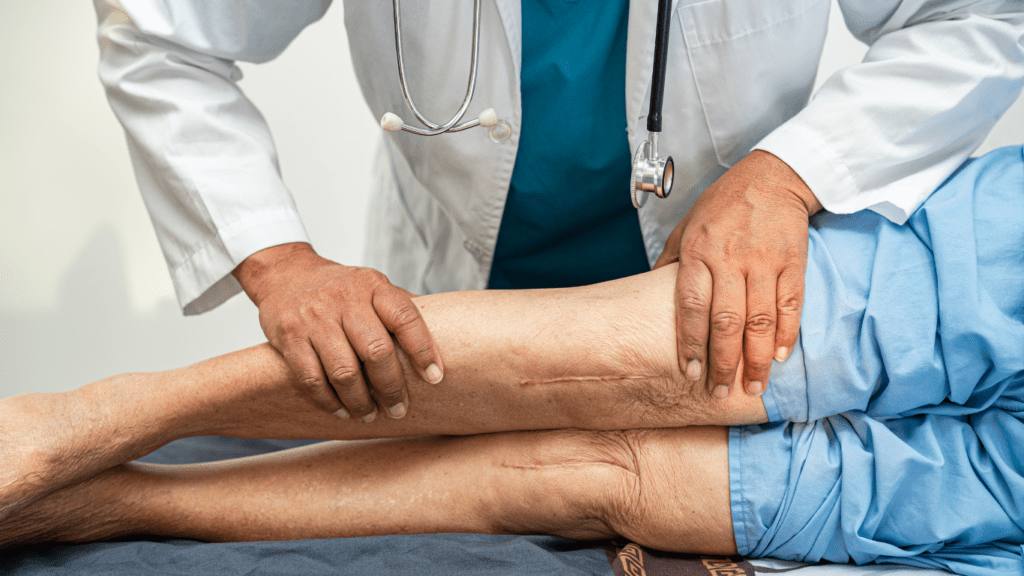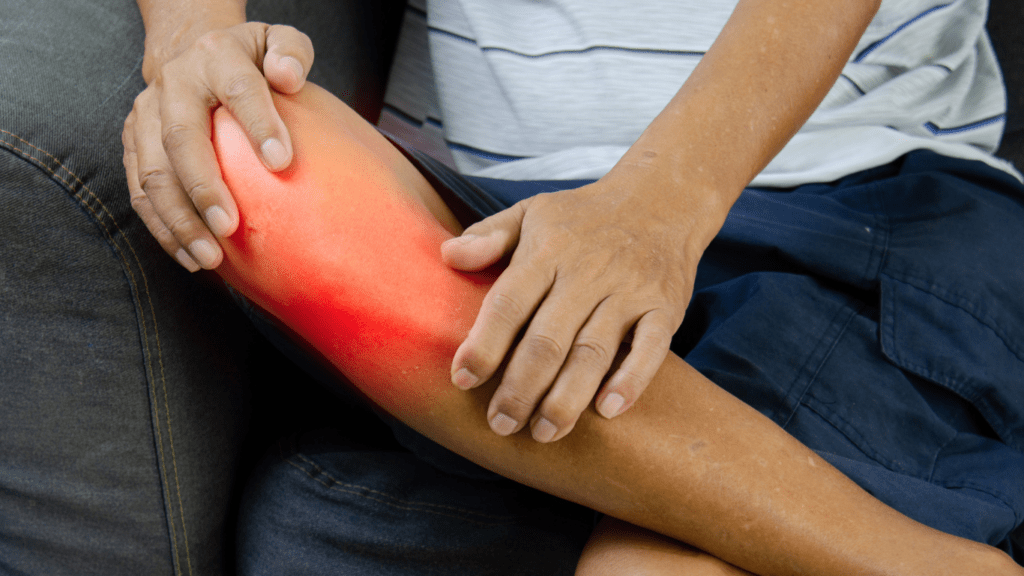The Role of Positive Mindset in Injury Recovery
A positive mindset significantly impacts injury recovery. Maintaining optimism aids both physical and psychological healing.
Understanding Psychological Resilience
Psychological resilience reflects the ability to mentally adapt to adversity. During injury recovery, this adaptability is vital. It helps individuals manage stress and maintain motivation.
Positive thoughts contribute to resilience by fostering an optimistic outlook and reducing the perception of pain. Enhancing psychological resilience involves setting realistic goals, recognizing achievements, and utilizing support networks.
Connection Between Mind And Body Healing
A strong connection exists between mental state and physical healing. Studies show that patients with a positive mindset heal faster and experience less pain.
Optimism reduces stress hormones, which can impair the immune system, and promotes the production of endorphins, enhancing overall well-being. Practices like:
- visualization
- meditation
- positive self-talk
reinforce this mind-body link, accelerating recovery.
Strategies to Foster a Positive Mindset
A positive mindset plays a vital role in injury recovery. Specific strategies can enhance mental resilience during this challenging time.
Engaging in Positive Self-Talk
Positive self-talk builds mental strength. I focus on affirmations like “I am healing every day” or “I am resilient.”
Negative self-talk increases stress, so I replace “I can’t” with “I can.” This technique boosts morale and motivation, crucial for faster healing.
Visualization Techniques
Visualization techniques aid recovery. I imagine myself performing activities without pain or restrictions. This mental rehearsal prepares my body to follow. Studies show that visualization reduces recovery time, as the brain sends signals to promote healing. Picturing success in therapy sessions enhances real-life outcomes.
Setting Realistic Recovery Goals
Setting realistic recovery goals provides direction. I break down long-term milestones into manageable steps. For example, regaining full motion might start with gentle stretching exercises.
Tracking progress, like noting daily improvements, keeps me motivated. Realistic goals prevent frustration and promote a steady recovery journey.
By incorporating positive self-talk, visualization, and setting realistic goals, I strengthen my mindset, which aids my injury recovery.
The Impact of Support Systems
Support systems significantly influence injury recovery. They provide emotional strength, practical help, and a sense of belonging.
Family and Friends’ Role in Rehabilitation
Family and friends offer essential support during rehabilitation. Close relationships often boost morale by providing encouragement and reassurance.
For instance, family members can help manage daily tasks, allowing you to focus on healing. Friends offer social interaction, reducing feelings of isolation that often accompany injury recovery.
Additionally, they can keep you motivated by celebrating small milestones.
How Medical Professionals Can Foster Positivity

Medical professionals play a crucial role in fostering positivity.
- Effective communication from doctors and therapists ensures you remain informed and engaged in your recovery plan.
- Clear explanations and personalized care plans help reduce anxiety.
- Regular follow-ups and positive feedback during check-ups contribute to maintaining a hopeful outlook.
- Physical therapists, through motivational techniques and empathetic interactions, can enhance your confidence and adherence to the rehabilitation protocol.
Managing Setbacks During Recovery
Setbacks are a part of the recovery process. It’s essential to approach them constructively and focus on moving forward. Here are some strategies to manage these obstacles.
Techniques to Overcome Common Obstacles
Identifying triggers helps create proactive plans. For physical pain, consult a healthcare provider. They may suggest alterations in the rehabilitation program. Adapting and modifying exercises prevent aggravation of the injury.
Tracking progress maintains motivation. Keeping a recovery journal highlights improvements and areas needing attention. Establishing a support system ensures emotional and practical assistance.
Learning from Each Setback
Analyzing each setback provides valuable insights. Reflect on what caused the regression. Perhaps overexertion, lack of rest, or poor nutrition contributed. Use these lessons to adjust recovery plans.
Patience is crucial. Understanding that recovery isn’t linear prevents frustration. Celebrate small victories to stay motivated.
Recognizing progress, despite setbacks, aids in maintaining a positive mindset. Engage with the medical team for their expert opinions and guidance on recalibrating the recovery strategy.



